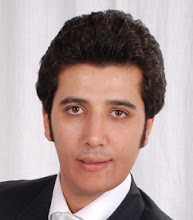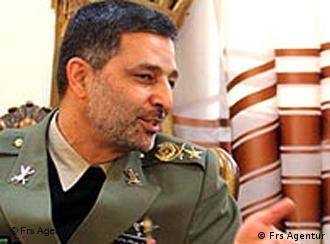Hashemi: My Love is Khamenei!

Speaking to a group of Sharif University students, Akbar Hashemi, while criticizing the ninth administration’s performance, criticized taking over the American embassy in 1980 and referred to ayatollah Khamenei as his “love.”
After delivering a speech on Saturday evening at the Sharif University Akbar Hashemi Rafsanjani responded to written questions from students. During the question and response session, Hashemi was asked, “Are you in constant contact with the supreme leader and what is the level and nature of such contact?” Hashemi, the head of the powerful Assembly of Experts, which supervises the supreme leader’s performance, responded, “You won’ find two people in this country who are closer to one another than myself and the supreme leader.” When asked, “Do you still like him?” Hashemi responded, “Very much! My love is Mr. Khamenei. I and Mr. Khamenei have been close friends and confidants for over 50 years and we consult with one another about everything.”
The head of the Assembly of Experts also claimed to be the Islamic Republic supreme leader’s dinner biweekly dinner guest on a regular bases, during which they “discuss current issues for one or two hours,” adding, “Before he became the supreme leader once I would go to his house and once he would come to mine, but after Mr. Khamenei’s promotion I always go to him.”
Nevertheless, yesterday the head of the Assembly of Experts uttered a sentence that implicitly acknowledged differences between him and ayatollah Khamenei on certain issues. Commenting on their differences, Hashemi said, “We solved this issue by agreeing that if in some case I have to forgo my opinion in an issue where I disagree with him I am justified, because I can say my leader has decided so and I must obey my leader legally and religiously and this is our arrangement. Indeed, he is the leader and we are the followers.”
Noting in yesterdays speech that “If factories, refineries and industries are not native independence has no meaning,” Hashemi again criticized the ninth administration’s performance, adding, “Unfortunately, today we are in the danger of dependence due to heavy importing and this is not good for our native industries.”
Hashemi explained his definition of independence by criticizing the North Korean model, warning, “Independence is not enough because there are countries such as North Korea which have closed their borders so that no one enters or exits. They have political independence but Iran does not want to be like them because we can tackle the biggest superpowers.”
In an indirect attack on Ahmadinejad’s economic policies, the head of the Assembly of Experts noted, “Some think helping the poor means handing them something to eat,” adding, “But I rely on an Islamic and political and management-oriented outlook and believe we must act in a way to enable the poor to stand on their feet and live with dignity.”
This section of Hashemi’s speech was a direct response to remarks by Ahmadinejad three days ago. One week ago Hashemi Rafranjani criticized the administration’s economic policies to which Ahmadinejad responded on Thursday, “You have abandoned the people. You must know that the people aren’t your family and party friends. People are those who are willing to sacrifice their lives for their country and revolution on the streets of Zanjan and other parts of the country. We are prepared to solve the roots of people’s economic problems, despite the wishes of a selfish bunch who do not want economic reforms to take place.”
In another part of his speech, the head of the Assembly of Experts criticized some actions performed in the past during the cultural revolution and the hostage crisis of 1980.
Noting that “Not all revolutionary measures were in our hands,” Hashemi claimed, “Even in the case of the hostage crisis Mr. Khamenei and I were not aware. At that time we were in Mecca and heard at midnight on the radio that the nest of spies has been overtaken and that Bazargan has resigned. Certain things took place that now can be criticized and wished that they hadn’t happened.”
Hashemi also criticized the “extremism” of “angry student” during the cultural revolution which led to a two-year closure of universities in years immediately after the revolution: “We didn’t really make that decision at the cultural council, but a number of students got enraged and shut down the universities for two years.”





